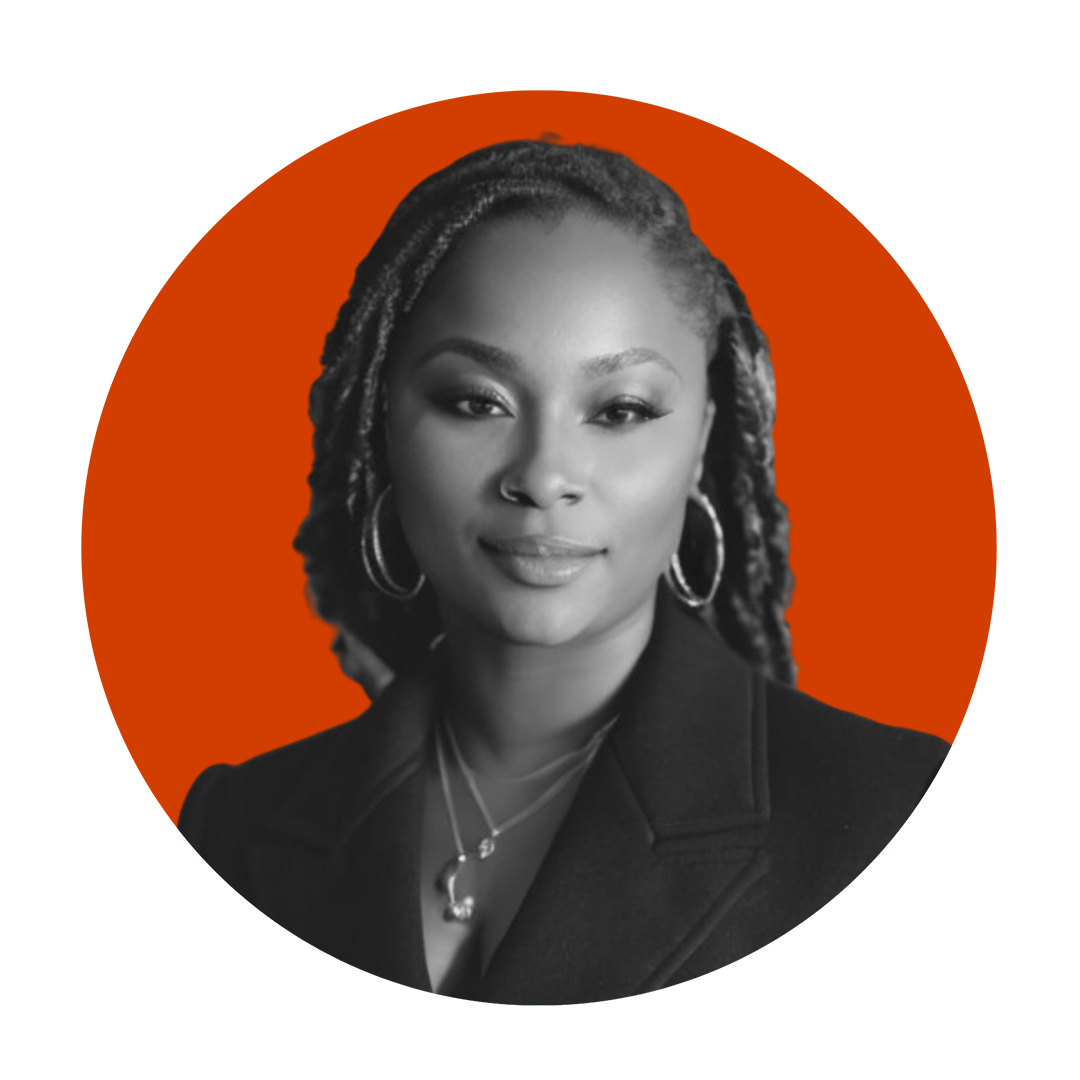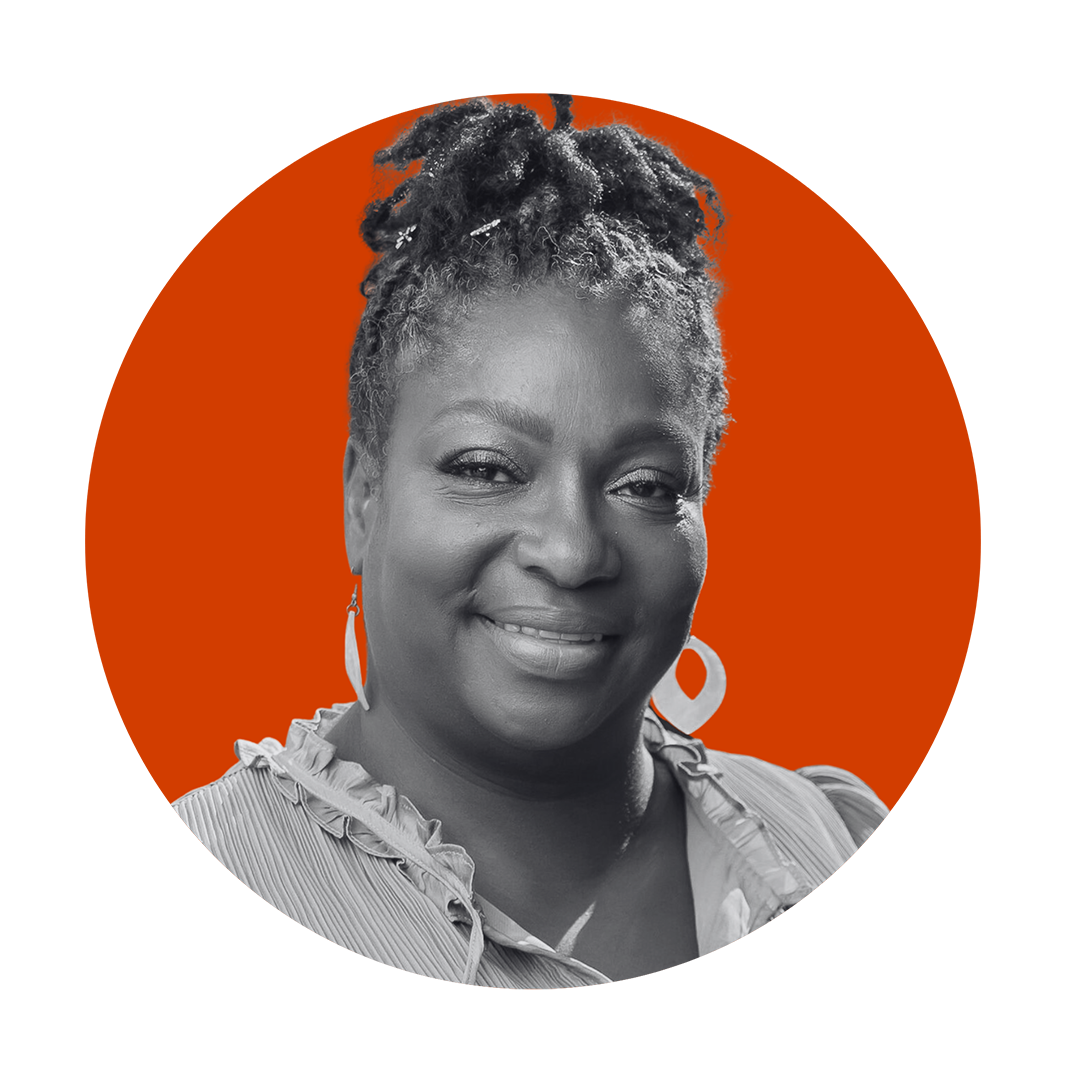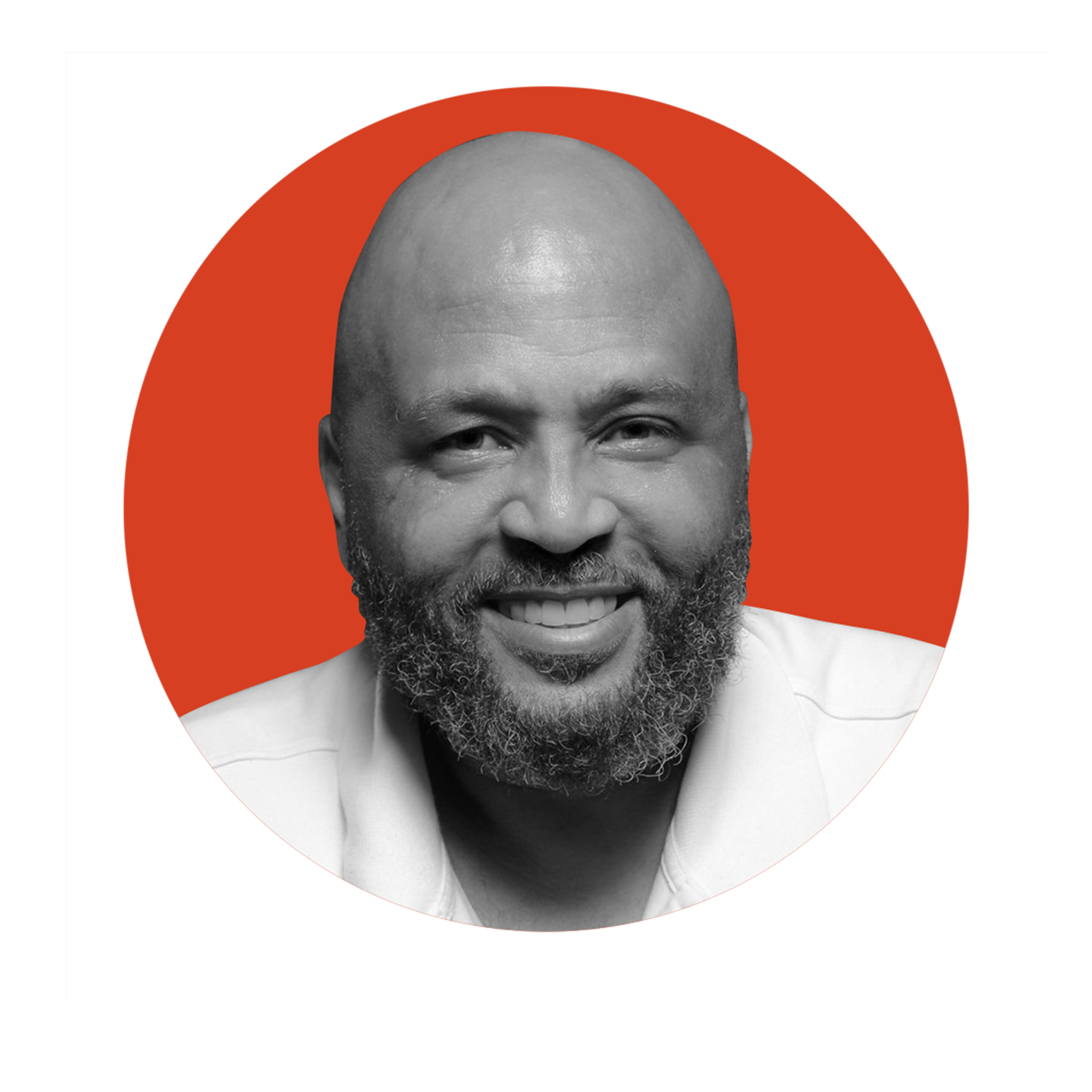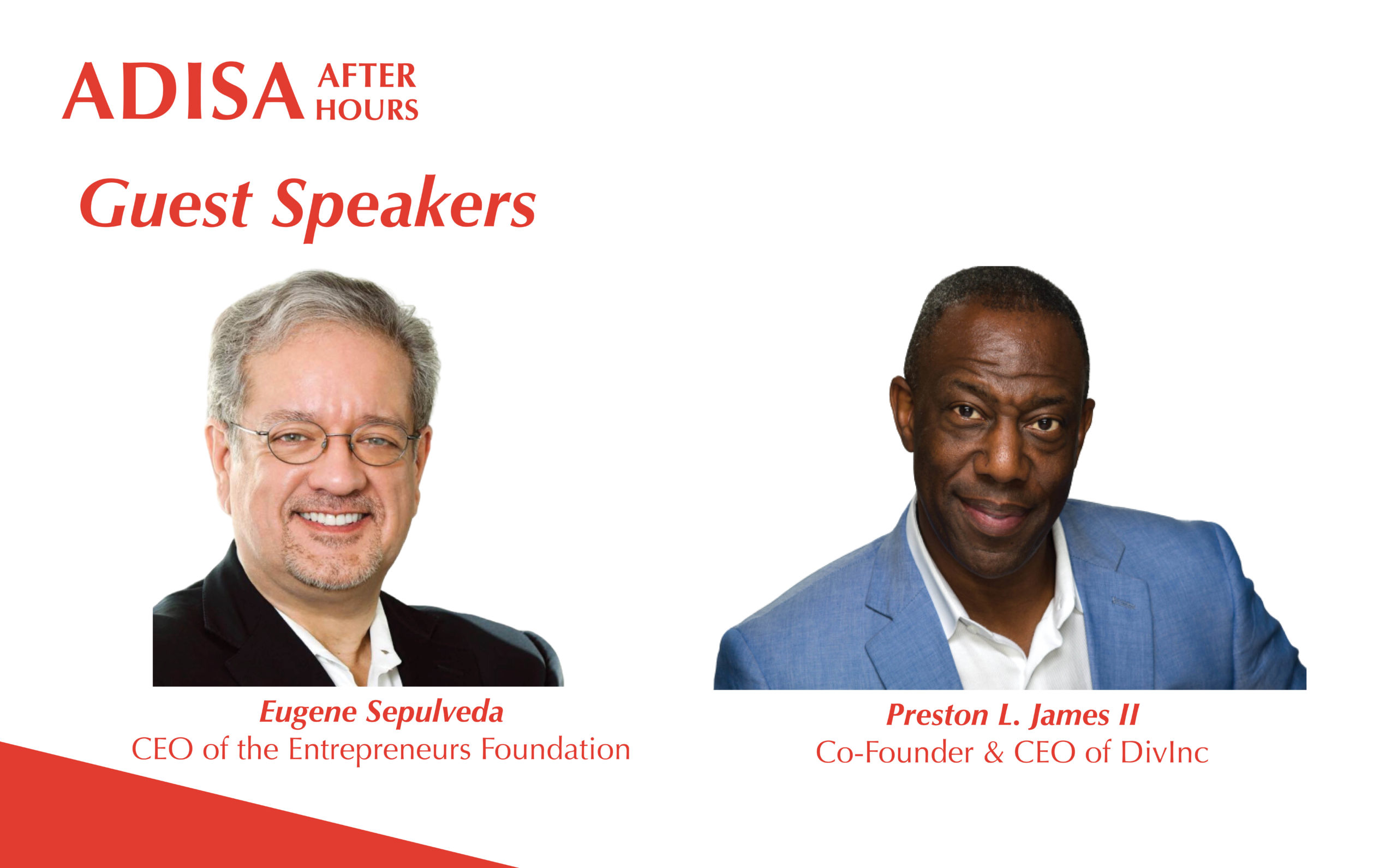
Adisa After Hours with Preston James and Eugene Sepulveda (recap)
Monday night’s Adisa After Hours was a fruitful, candid conversation about equity and technology. We focused on questions like, how do we encourage more diversity in engineering and other technology fields? What does equity look like in the world of capital funding and investment? And, in what ways does the movement taking place now impact equity and technology in the future?
The conversation was moderated by Adisa Communications CEO Shuronda Robinson and featured Preston James, founder and CEO of DivInc, and Eugene Sepulveda, director and partner at Capital Factory.
The event started with breakout rooms, where participants shared what they’ve learned about taking care of themselves, now that we are four months into a pandemic. Preston shared that he has learned to take time for himself and for his family. He has had time to think and reflect. Connecting this need to take a break to the current climate of our world, Preston elaborated by saying that before the pandemic, companies existed in the day-to-day. “What they needed was a chance to step back and address the culture of their organizations,” said Preston. The pandemic has allowed for that reflection.
The conversation then moved to equity – What does “equity” mean?
Eugene discussed how equity is multidimensional. It includes all different factors such as race, ethnicity, gender, sexual orientation, etc., but beyond that, Eugene talked about how there are different levels to building and equitable environment. The first level is just inviting people in. “And really invite them in,” said Eugene, “Meet them where they are.” The second level is inclusion in the conversations and inclusion in the informal networks. Finally, the third level is outcome. “If I don’t see investment being made,” said Eugene, “then I have to start again.” He also talked about the importance of being deliberate in sharing intellectual capital to help first-generation entrepreneurs. The mentors at Capital Factory do a great job of this.
Preston described equity as uninhibited access to opportunities for everyone. “Do not deny someone an opportunity because of the color of their skin or their gender or their sexual orientation,” said Preston. “Those doors must be open. Remove the barriers. Reach, pull, lift those who are trying to do the work.”
Shuronda then asked Preston, “As a Black man, how were you affected by George Floyd’s death?”
“I was so frustrated and angry and hurt,” said Preston. “My eyes would start watering going into meetings… this [meeting] is not what we need to talk about right now.” He also discussed how it was probably good that offices were closed at this time. He posed the question – Were we really ready for that kind of dialogue? “The lockdown was a blessing in disguise, it gave us the space to think and reflect,” said Preston.
The reflection time led Preston to think about things differently. This year, DIVinc will focus on social justice innovation, specifically. Preston said, “We need innovation to really change the culture of these places. If we can tackle root cause issues and change mindsets, maybe we can start changing behaviors.”
Eugene closed out the conversation by saying we too often give ourselves easy outs by saying the pipeline for a more diverse company environment just isn’t there. “We have to set higher standards for ourselves. CEOs and managers of companies need to set targets. Our failure to address culture has possibly lead to APD having different cultural mindsets than our city. Culture is important because it leads to retention of BIPOC in a company. Whatever we track, improves,” said Eugene.
The last breakout question that was posed to the whole group was – How can we promote equity within our businesses, within Austin?
Several participants spoke up, and the throughline seemed to be that we have to define Austin’s values first. What are we saying we want to happen in this city, across all industries? If we don’t have the data around the issues we are tackling, we can create a way to track it. Let’s bring visibility to the problems we are facing. To bring it back to Eugene’s earlier point, “Whatever we track, improves.”
The conversation ended with Eugene’s suggestion for everyone to watch the videos linked below.
- A powerful speech by Kimberly Jones (warning for profanity)
- Trevor Noah’s description of the social contract (full video is excellent, but the social contract discussion starts at 8:18)
- Then, there’s an interview with Kimberly Jones and Trevor Noah on the Daily Show
After Hours with Adisa Communications is an informal gathering with curated speakers where you can pick up skills needed to be at your best.
We hope to see you at the next one!
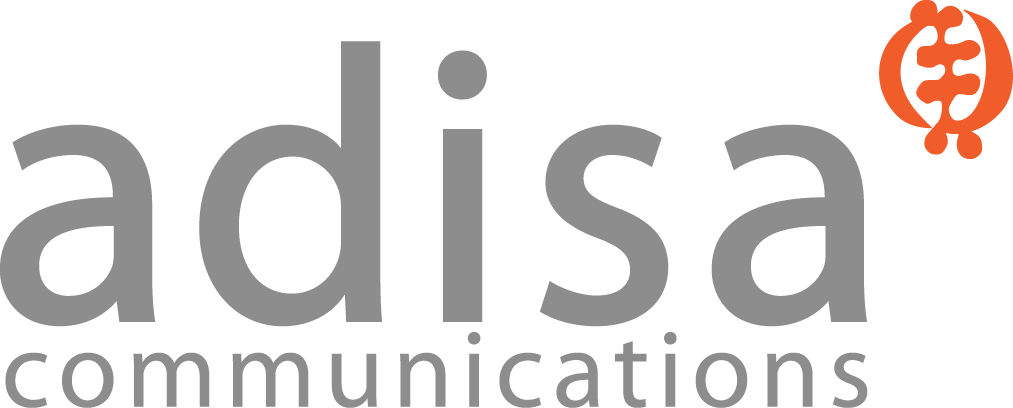


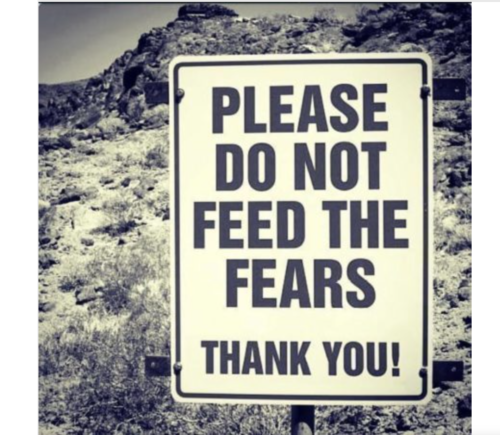
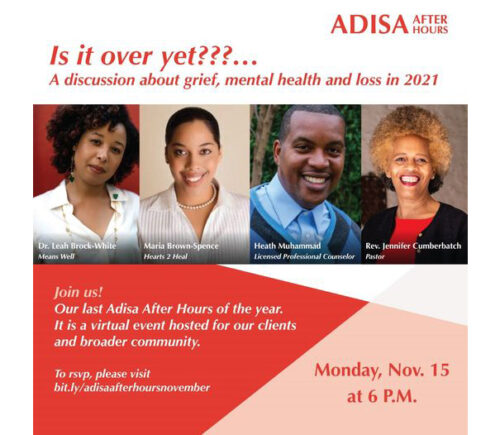
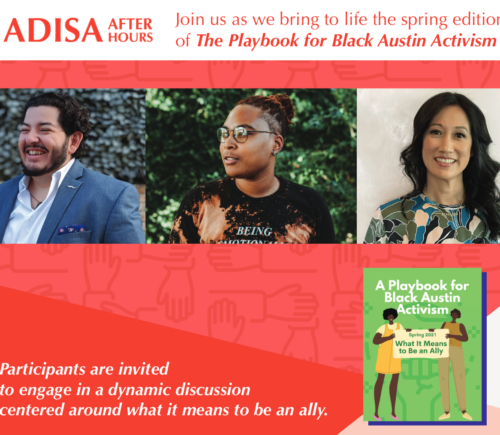

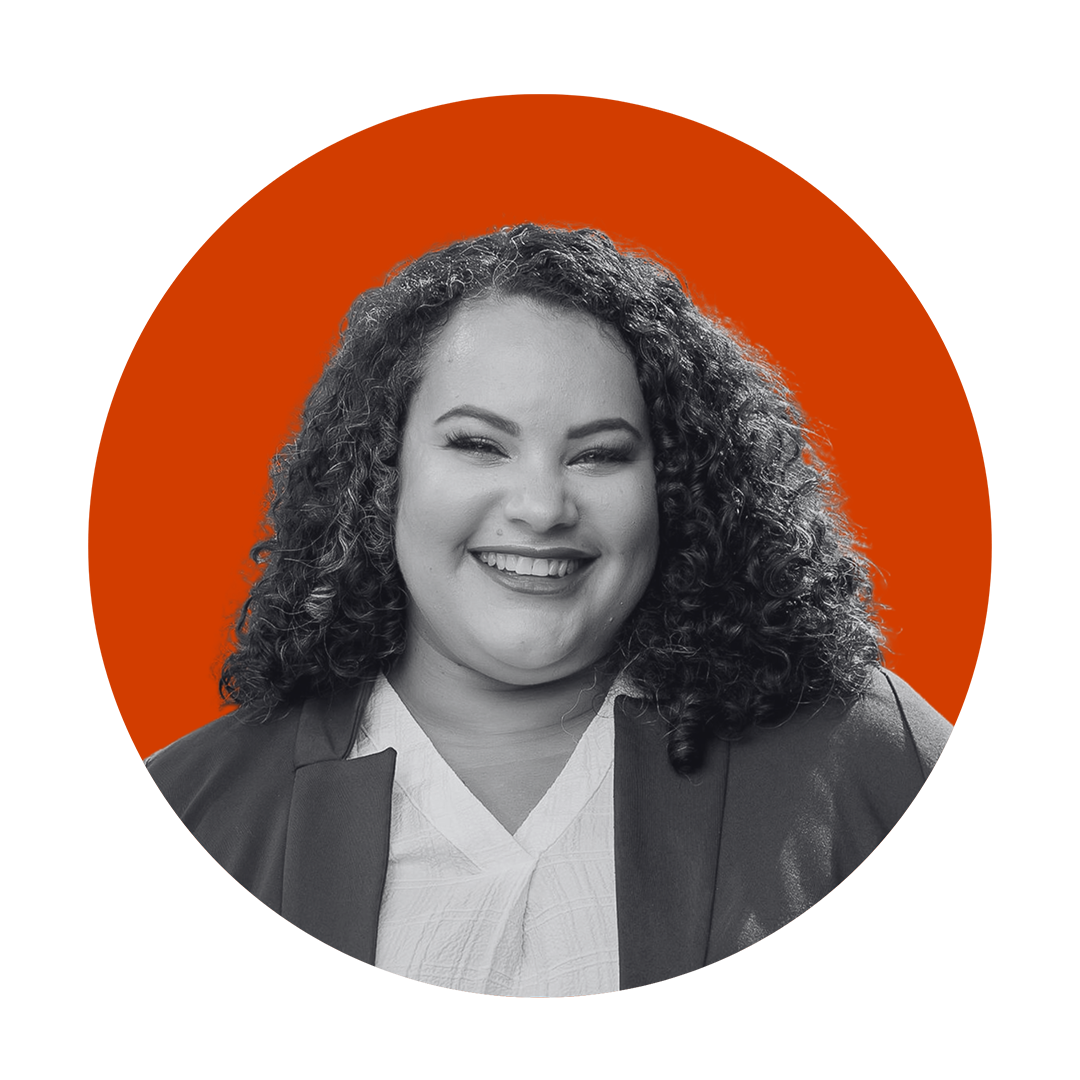
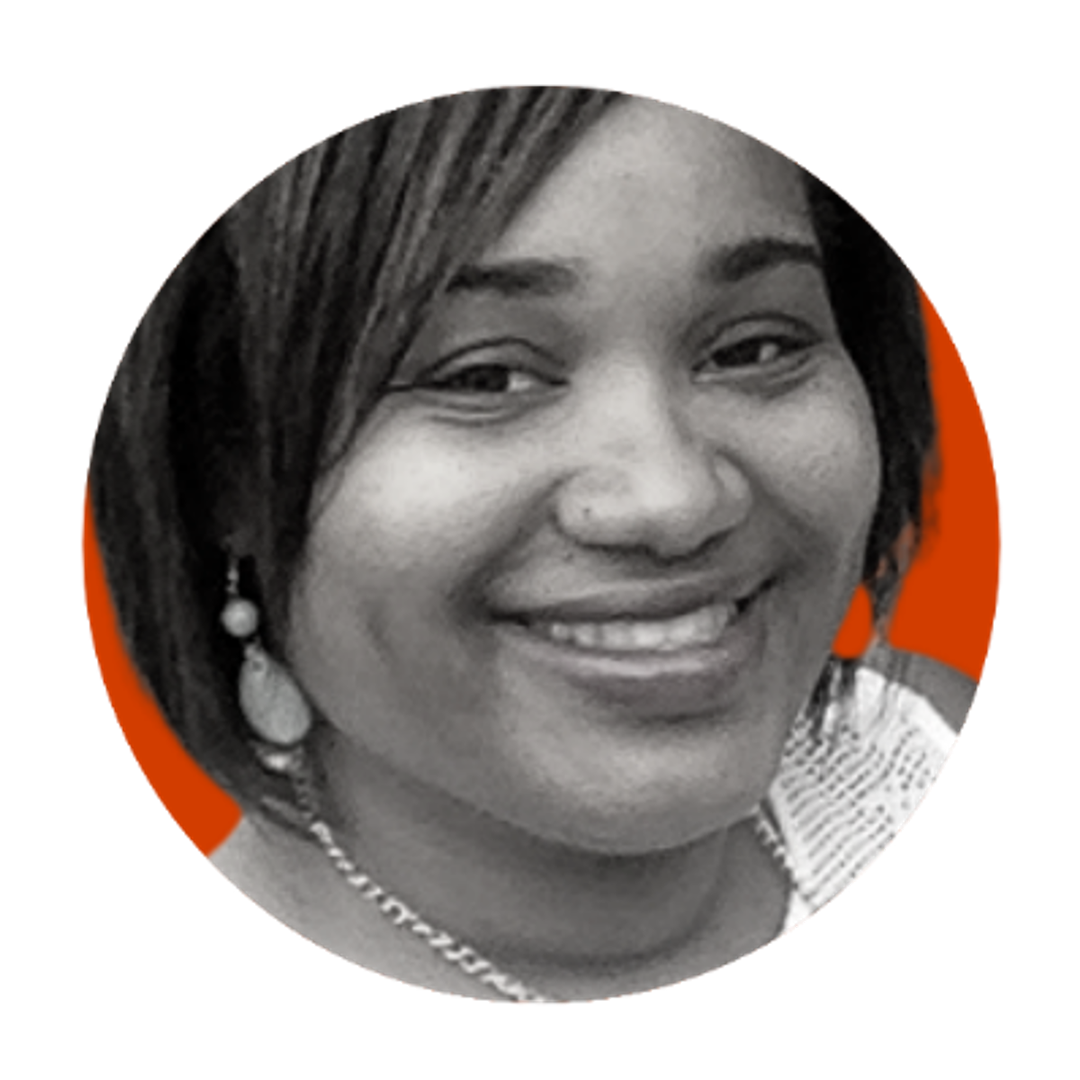
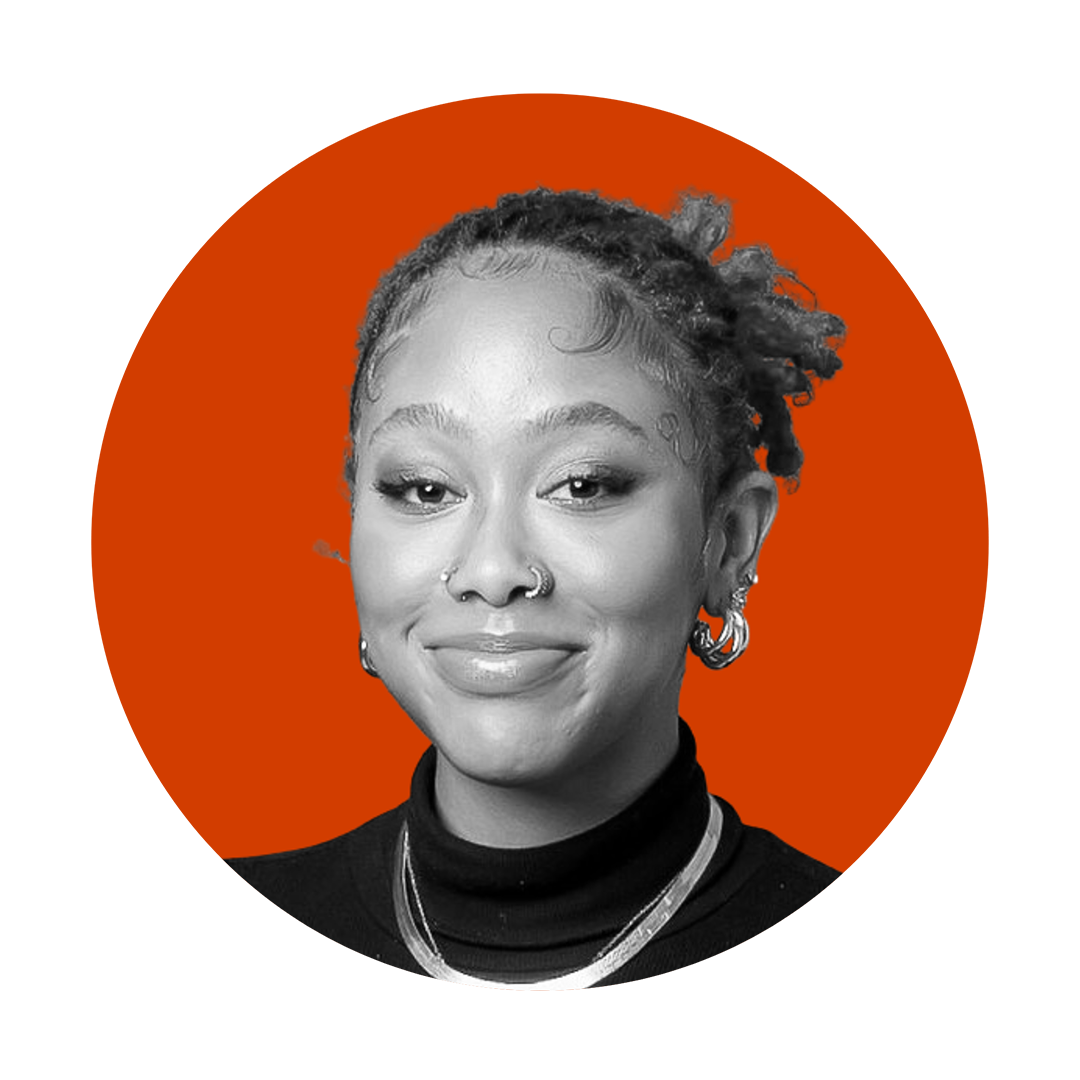

 Joilynn Green is a Project Assistant at Adisa Communications. She specializes in event planning and logistics. In her spare time, she freelances as a theatre director and stage manager. She enjoys developing new plays and finding immersive, unconventional ways to bring stories to life. Joilynn has enjoyed working with the Vortex Repertory Company, New Manifest Theatre Company, Spectrum Theatre, and Austin Shakespeare.
Joilynn Green is a Project Assistant at Adisa Communications. She specializes in event planning and logistics. In her spare time, she freelances as a theatre director and stage manager. She enjoys developing new plays and finding immersive, unconventional ways to bring stories to life. Joilynn has enjoyed working with the Vortex Repertory Company, New Manifest Theatre Company, Spectrum Theatre, and Austin Shakespeare.
